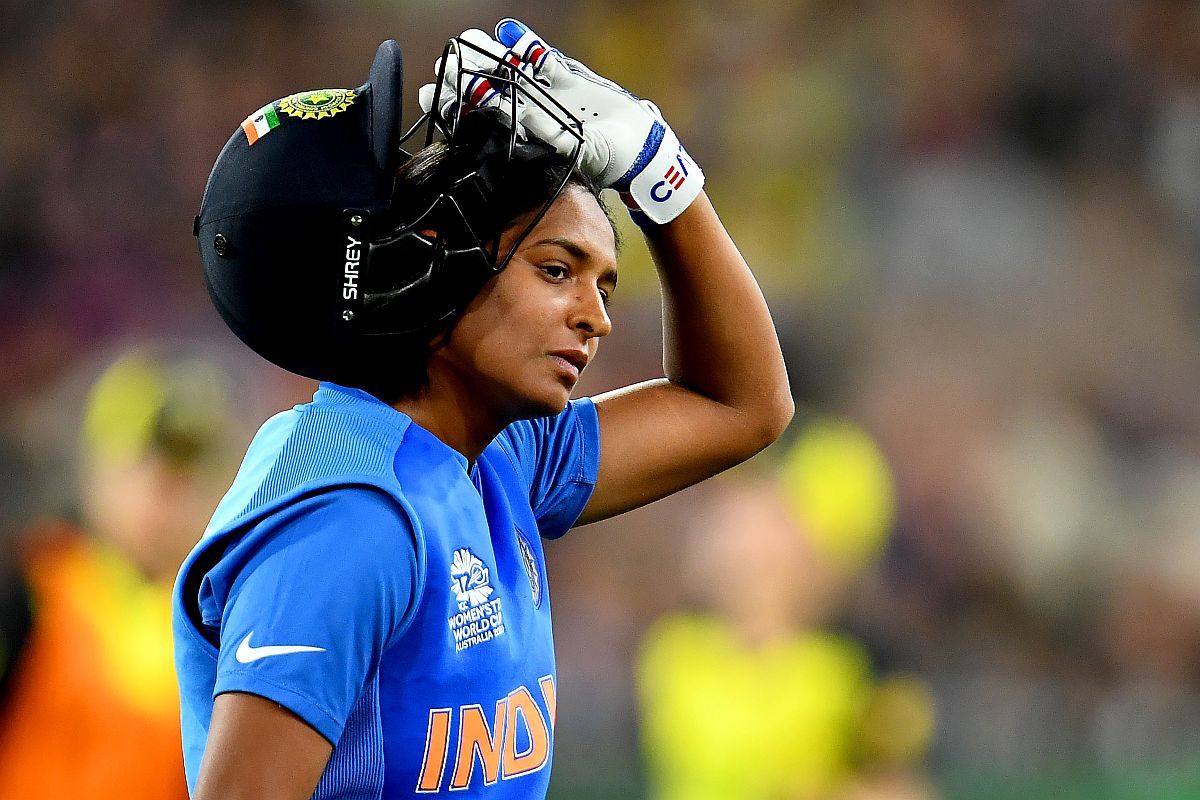When the Harmanpreet Kaur fracas broke out in the not-so-distant past during a Women’s One-Day International in Dhaka against Bangladesh, there came a terse, plain statement from Jay Shah, secretary of the Board of Control for Cricket in India, that Roger Binny would have a word with her. Whether a meeting between the board president and the Indian captain was held was not common knowledge but, if you look back, what happened did not really elevate cricket, stopping far short of widening even its commercial appeal. Given out amid a suspicion that the ball had flown to the slips after hitting her pad, Kaur, blazing in anger, brought her bat down in a wild swing to send the stumps flying, called the umpiring “pathetic” during the customary presentation ceremony and, as the teams gathered for clicking group photographs, loudly called for the inclusion of the umpires as members of the Bangladesh team. Hell’s foundations would have quivered but, fortuitously, it was not apocalypse now as the punishments announced promptly by the International Cricket Council were felt to have been stinging enough: Kaur lost 75 per cent of her pay for the game, incurred four demerit points which implied sitting out one Test match, or two ODIs or two Twenty20 Internationals, whichever came first. The Indian women’s next international assignment being the Asian Games, they will briefly miss their captain in the continental event where, like others, they are required, so to speak, to “prepare a face to meet the faces that (they) meet.” So far so bad. But Kaur was not done. Playing in Women’s Hundred in England, she came to be quoted last week as saying that she regretted nothing. She thought everything she had said and done was all right. As a cricketer, she said, she had the right to say what she felt since she wanted to see fairness on the field. “I don’t think I said anything wrong to any player or any person,” she said with an apparent air of finality, making you wonder how Michael Holding, in the 1980 Dunedin Test, rationalised kicking the stumps over on being denied an lbw by umpires who he thought were being egregiously partisan and Clive Lloyd’s world-beaters had gone, much to the surprise of the rest of the world, down to New Zealand. It was a knockme-down-with-a-feather story then. Cricketers are sometimes quite right when they smell bias but it is for their boards to point out the limits they may get to and certainly not beyond, given that professional sport will perhaps cease to exist as it is if its reins are taken off specified, designated individuals. In football, for instance, retaliation is looked at adversely, as much, if not in a worse way, as a casual knock to the knee.
Advertisement
















